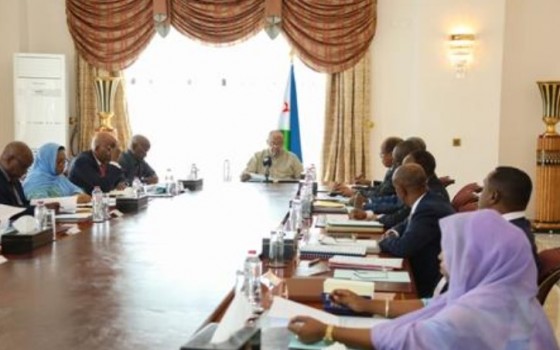
Chaired by the President of the Republic, the Council of Ministers holds its fourth session of the current year

- admin
- Saturday , 24 February 2024 18:6 PM GMT
Under the chairmanship of the President of the Republic, Prime Minister, Mr. Ismail Omar Guelleh, the Council of Ministers held its fourth session, which was devoted to discussing and approving many decisions related to all state institutions, the most important of which was related to the Ministry of Social Affairs.
The Minister of Social Affairs and Solidarity presented to the Council of Ministers a statement about the National Solidarity Week in its 2024 session.
The aforementioned week, which was established at the initiative of the President of the Republic in 2012, aims to highlight the government’s strategic priorities with regard to the policy of combating poverty and strengthening national solidarity in accordance with Djibouti’s National Vision 2035.
In the context of implementing the new national strategy for social protection, and in accordance with the strategic directions, the theme chosen for the National Week was “Strengthening, developing, and protecting: for a more comprehensive, more united, and more flexible social model.”
Through this statement, the Minister of Social Affairs and Solidarity presented the overall measures taken by her department within the framework of this week, pointing out that the social convoy headed to a number of districts belonging to the five interior regions, namely Bayaadi, Senkal, Omar Jaja, Alili Dada, Adelo, and Sagalo. As well as the cities of all regions.
Within the framework of this week, financial support was provided to cleaning agencies in the cities of the regions, amounting to 5 million Djiboutian francs for each agency, and an amount of 1.8 million Djiboutian francs to cooperatives of women working in the field of waste collection in the capitals of the five regions, in addition to financial support for rural savings and loans funds amounting to 1.2 million Djiboutian francs for each fund, and 500,000 Djiboutian francs for each community fund.
She explained that these numerous measures taken bear witness to the government’s commitment to providing our most vulnerable citizens with the necessary tools and means to be effective in their development.
Finally, the Minister of Social Affairs and Solidarity confirmed that this event constituted an opportunity to listen and exchange with the population and monitor their complaints in various areas that primarily include social protection networks, access to water, rural electrification, and health care, in addition to needs related to education and culture, as well as agricultural. , and access to networks (mobile phone and Internet).







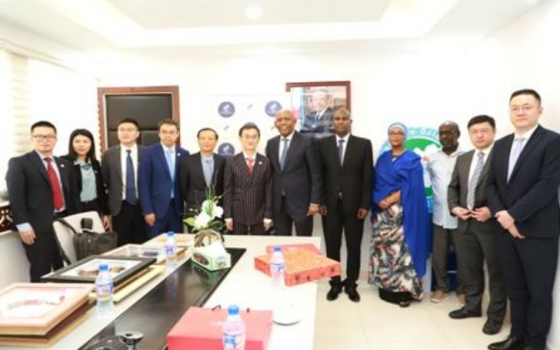
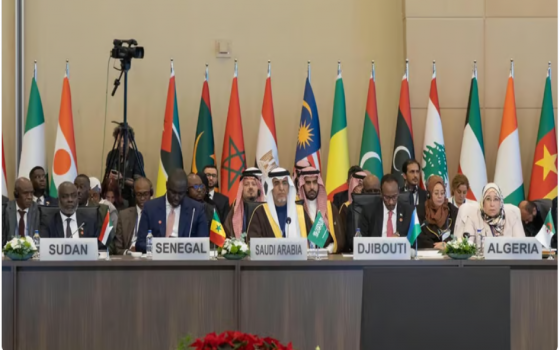
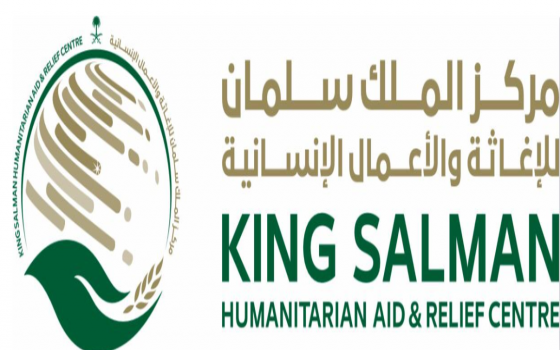
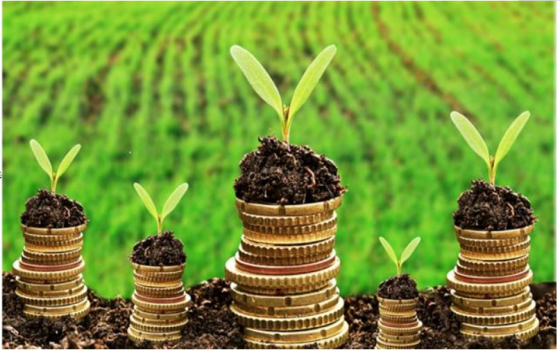
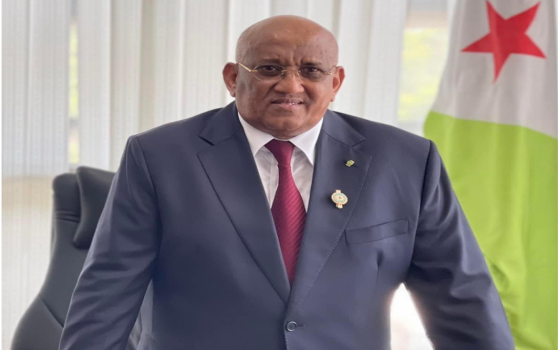
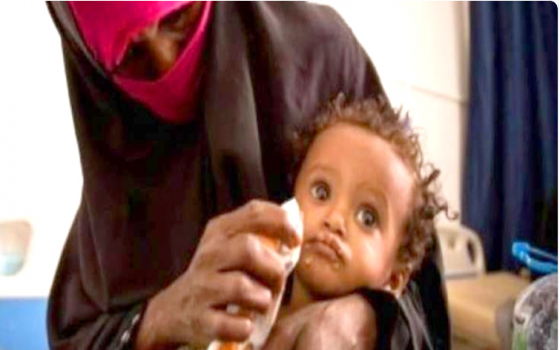
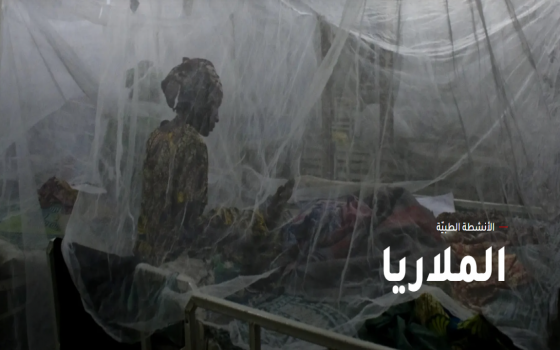
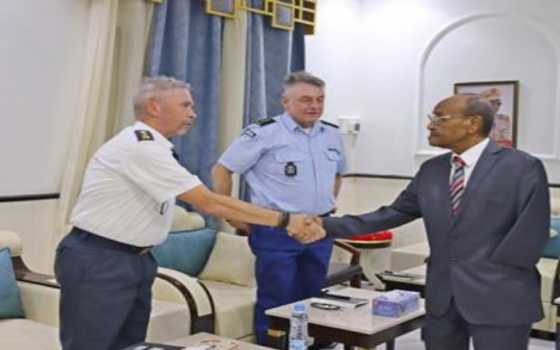
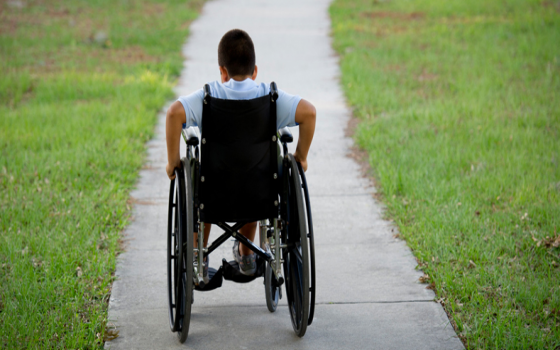
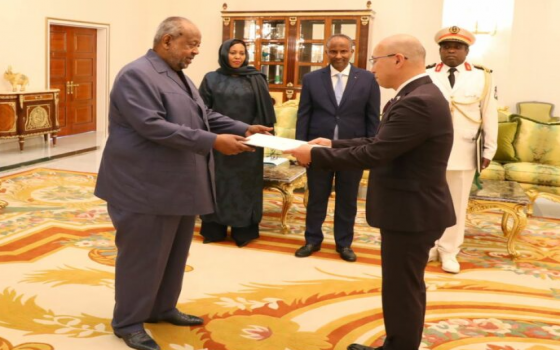



No Comments Found